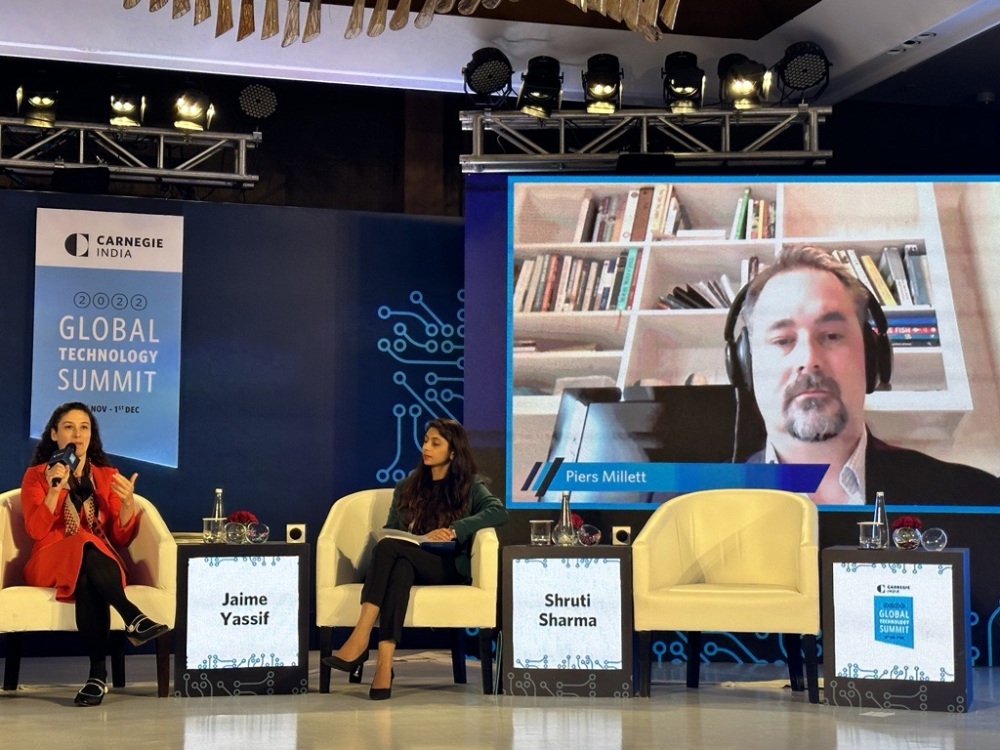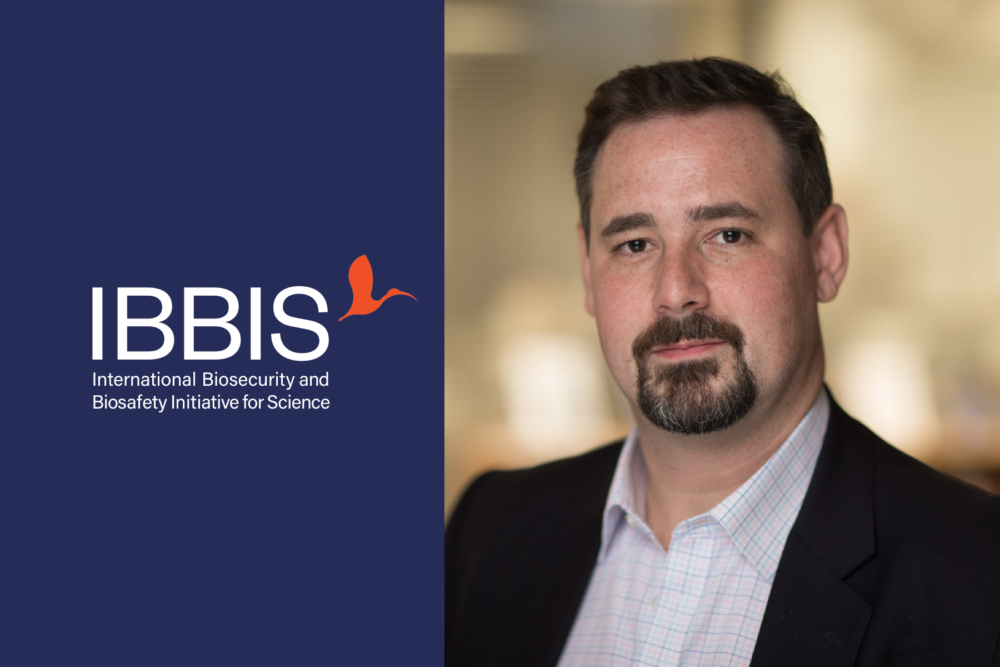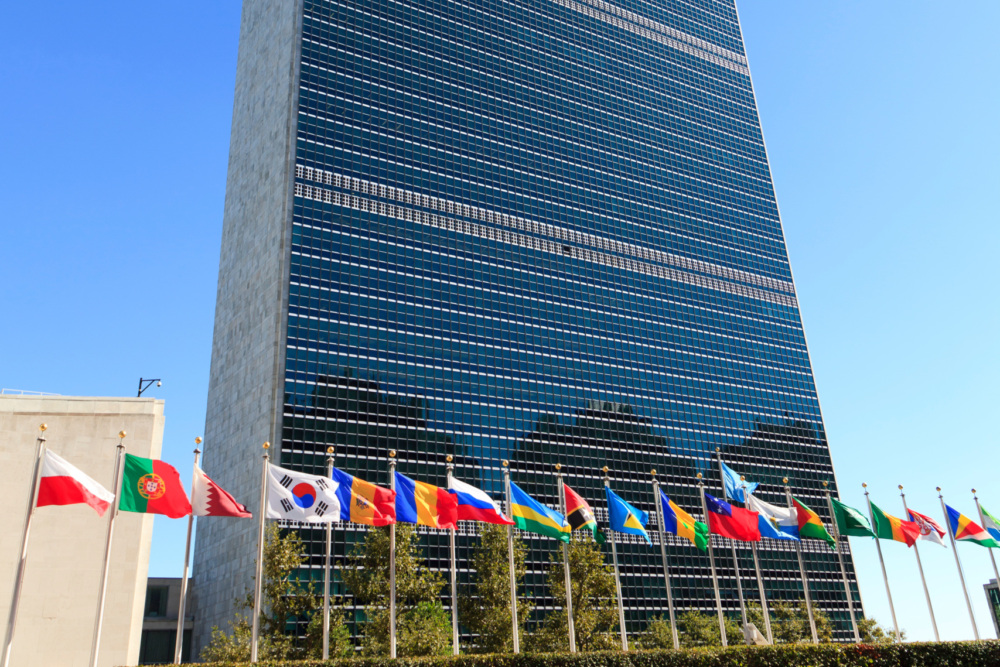Accelerating bioscience and biotechnology advances offer tremendous potential societal benefits for improving public health, fostering economic development, and protecting the environment, and more. However, without proper safeguards, these same tools could be accidentally misused or deliberately exploited to cause harm—with the potential for catastrophic global consequences. Governments have struggled to develop oversight systems that keep pace with rapid technological progress, resulting in major gaps in national and international capabilities to safeguard the tools of modern bioscience and biotechnology.
It is within this context that NTI | bio convened the annual Biosecurity Innovation and Risk Reduction Initiative (BIRRI) meeting from May 31 to June 2 at Downing College in Cambridge, United Kingdom. More than 35 participants from biotechnology industry, the academic bioscience research community, the biosecurity community, governments, and international organizations, discussed emerging biological risks associated with rapid technology advances and developed practical solutions to reduce them. “BIRRI is an important forum of key stakeholders, convened at a critical time,” said NTI Board of Director Dr. Luciana Borio. “This is a valuable opportunity to collaborate, innovate, discuss new ideas, and make changes to bolster the bioscience economy while protecting the world from potential catastrophic risks.”
Participants explored creative approaches to advance two BIRRI pilot projects designed to reduce biological risks at key points in the bioscience and biotechnology research and development lifecycle:
- Seal of Approval for DNA Synthesis Providers, which is designed to incentivize DNA providers to adhere to biosecurity best practices and to improve DNA synthesis screening standards; and the
- Bio Funders Compact, which aims to help funders and investors ensure that they are not funding unduly risky research by improving pre-funding biosecurity review processes and other important biosecurity measures.
Participants also discussed progress on key international initiatives to safeguard the tools of modern bioscience and biotechnology:
- The Common Mechanism for DNA Synthesis Screening: a software tool to help DNA providers safeguard their critical technology and ensure that they are not providing the building blocks of dangerous pathogens to malicious actors.
- The International Biosecurity and Biosafety Initiative for Science (IBBIS): A new independent, international organization, that will work with global partners to strengthen biosecurity norms and develop innovative tools to uphold them. IBBIS was included in the newly released 2023 UK Biological Security Strategy among private sector and non-governmental institutions that the United Kingdom will closely work with because they “will be increasingly influential in promoting strong regulations, standards and best practice.”
The BIRRI meeting also included discussions about the Visibility Initiative for Responsible Science (VIRS): a project co-led by the Stanford University Bio Policy & Leadership in Society Initiative to identify insights and strategies that can enable systematic improvements in biosecurity and biosafety risk management across the bioscience research lifecycle. Participants also discussed strategies for effectively mitigating emerging biological risks, including by safeguarding AI-enabled biodesign tools and bolstering cyber-biosecurity.
“The 2023 BIRRI meeting generated valuable progress in our work to develop practical, innovative solutions to safeguard the bioeconomy and protect fundamental bioscience research from accidental or deliberate misuse,” said NTI | bio Vice President Dr. Jaime Yassif. “We are working to catalyze the creation of a biosecurity innovation ecosystem, because we need an all-hands-on-deck approach to tackle these immense challenges.”
Learn more about NTI | bio’s work here.





